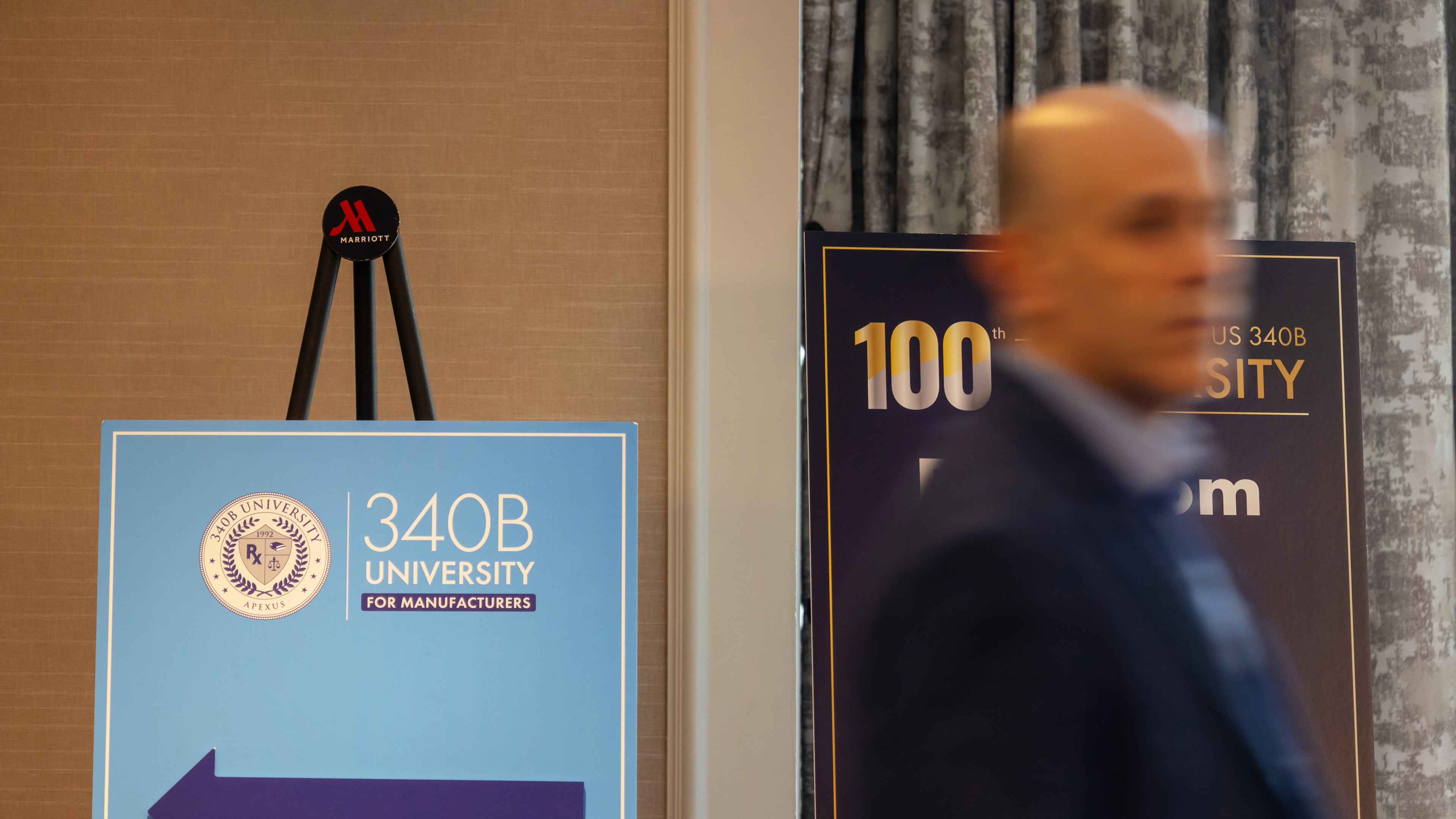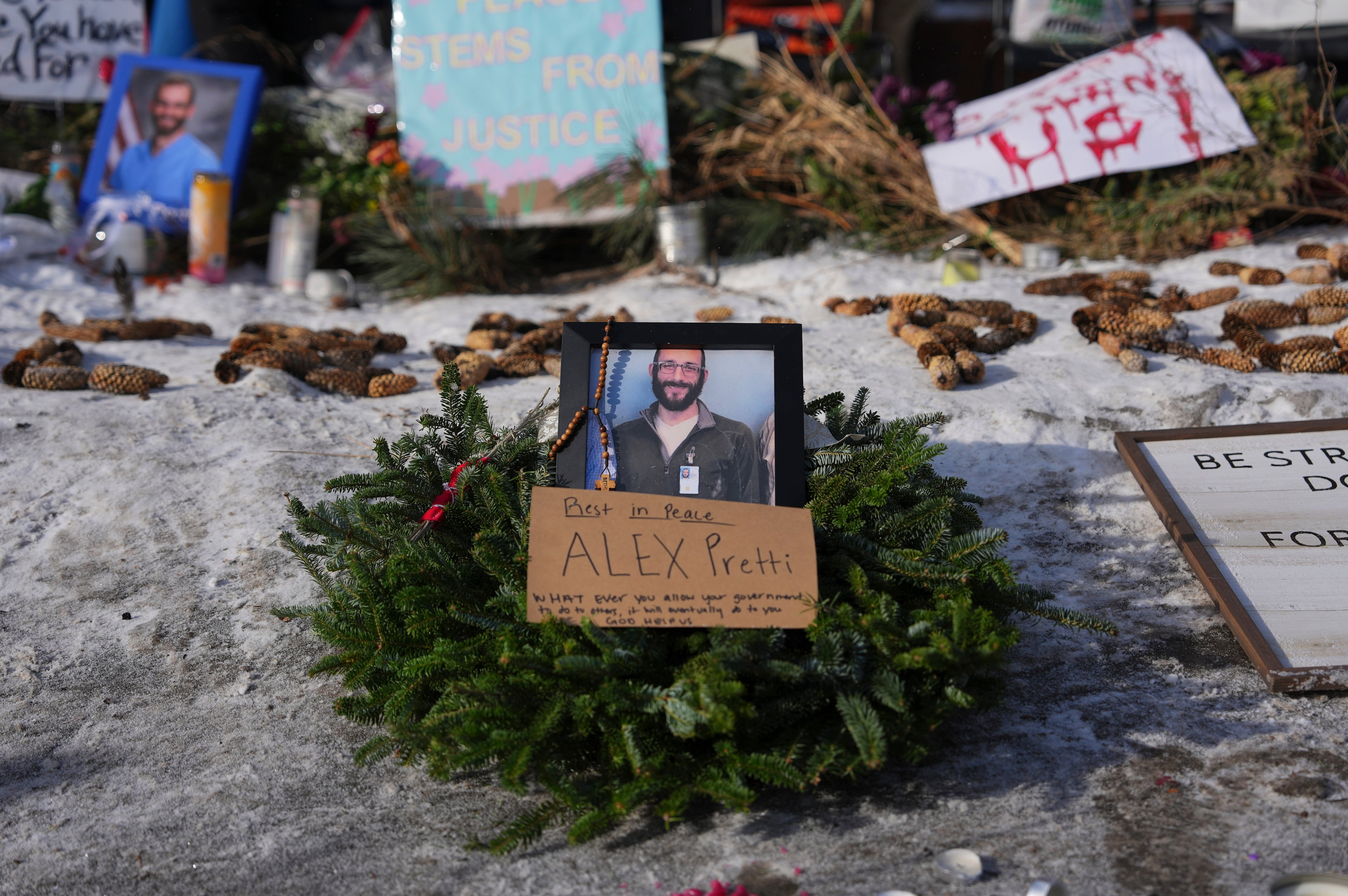If 340B drug discounts end, nonprofit health care providers are in trouble

Drug companies are at it again. They will not relent in their multiyear campaign to dismantle the 340B Drug Pricing Program.
This federal program mandates that participating manufacturers provide outpatient drugs at significantly lower prices to health care providers that serve vulnerable populations.
What is most amazing is that for-profit entities are investing all their creative energies trying to reduce the number of discounted prescriptions they must provide to health care nonprofit providers.
So much for research and development. Imagine if instead of penny-pinching providers, the companies with billion-dollar market caps tried to boost profits the old-fashioned way, by increasing sales.
If drug makers get their way, they will shred Georgia’s health care safety net. Their new scheme involves converting the current 340B payment model from upfront savings on drug purchases to rebates on the back end of transactions.
The problem is that nonprofit health care providers rely on these critical savings to offset losses from delivering high-quality care that often receives below-cost reimbursements. With delays or even outright denials of savings, many will have to reduce services, if not cease operating altogether.
And that’s the plan. If drug makers can slow-walk how covered entities attain 340B savings, providers already in the red will face budget shortfalls they cannot overcome.
Rural hospitals in Georgia have closed or are at risk of closing
What if drug makers deny every initial rebate claim, extending the life cycle of payments months down the road? The clinical outcomes of millions of rural Americans depend on their providers, often the sole provider they can access, receiving upfront 340B savings to keep their doors open.

Changing the payment model undermines the intent of the 340B program and would harm all providers, especially those in rural areas.
Since 2010, 89 rural hospitals have closed, 10 of which were in Georgia. Another 65 underwent “converted closures,” defined by reducing or eliminating services, changing locations, and/or closing facilities.
According to a 2025 analysis from the Center for Healthcare Quality and Payment Reform, 759 rural hospitals in America are at risk of closing, with 322 facing an immediate risk of shutting down. In Georgia, 20 rural hospitals are at risk, with nine in the immediate category. The present forecast occurred even with the critical savings enabled from 340B. The fundamental changes to the payment model would make things much worse.
When it comes to 340B, drug makers do not deserve the benefit of the doubt. Take drug giant Johnson & Johnson. According to the pharmaceutical manufacturer, its rebate plan will “ensure program integrity through transparency, and ultimately protect patients’ access to care.”
When a drug company mentions “program integrity,” hold onto your wallet. It just so happens that all of its program integrity solutions lead to fewer prescriptions available at 340B prices. If J&J and its counterparts care so much about patient care, they would not design a payment model intended to starve health care nonprofit providers of critical resources.
Drug companies want to limit their financial exposure
After the federal government rejected J&J’s rebate proposal, the drugmaker took legal action, alleging that the decision was arbitrary and capricious, asserting that the 340B statute allows for the use of a rebate model. The history of the program tells a different story. Since its inception in 1992, covered entities have accessed their lawful savings upfront, at the time of prescription drug purchases.
The rebate scheme is just the latest creative plan by drug makers to short-circuit their program obligations. Drug companies began their assault on 340B-eligible providers in 2020 by restricting where providers can access their drug discount purchase savings. The first year saw only a handful of drug companies shirking their 340B responsibilities. Fast forward to today, and almost 40 companies have restricted access to at least one of their products. In effect, drug makers are denying resources the law entitles to eligible health care nonprofits.
In 2023, J&J announced its revised plan for 340B delivery limitations. And guess what? That magical word integrity once again made an appearance in a company notice: “We also believe it is important to further improve 340B Program Covered Entity and contract pharmacy integrity and compliance to ensure the 340B Program’s long-term sustainability.”
Drug companies do not care. Their lawfare will continue. For all their faux concern about just wanting to ensure patients benefit directly from 340B discounts, drug makers have one goal — limiting what they consider financial exposure in 340B, a program they participate in on a voluntary basis. It is simple — fewer 340B prescriptions means more money.
There is good news. Georgia does not have to wait for a federal subvention to prevent the collapse of its health care safety net. States have the authority to regulate the dispensing of prescription drugs within their borders: 19 states have already codified 340B contract pharmacy protections into law.
Georgia introduced its 340B contract pharmacy bill, H.B. 139, in January of this year, but the bill has stalled in the legislature. Luckily, the state’s nonprofit providers are not at the mercy of national politics. Federal solutions take too long if they come at all. Peach State residents deserve better. The time to act is now.
Nicole Roebuck is AID Atlanta’s executive director.


